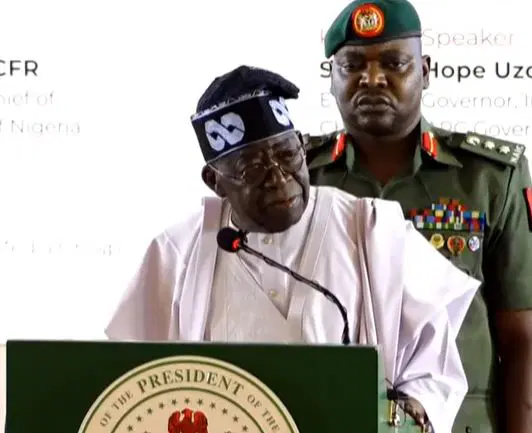In a significant gathering that underscores the critical intersection of media and statecraft, the nation’s most senior editors are convening for a high-level conference with direct access to the highest echelons of political power. The 21st All Nigeria Editors Conference, to be hosted within the secured precincts of the State House Conference Centre in Aso Villa, signals an unprecedented level of access for the media guild, with President Bola Tinubu himself set to inaugurate the proceedings.
Scheduled for November 12-13, 2025, this two-day assembly is less a conventional media forum and more a strategic engagement between the gatekeepers of public information and the architects of national policy. The guest list reads like a roll call of the nation’s power brokers: state governors, federal ministers, senior presidential aides—both past and present—and influential media proprietors like Prince Nduka Obaigbena.
The conference’s agenda, themed “Democratic Governance and National Cohesion: The Role of Editors,” is strategically pointed, focusing on the trust deficit and the integrity of the upcoming 2027 electoral cycle. The choice of sessions and speakers reveals a deliberate attempt to confront the most pressing and contentious issues facing the nation.
The lineup functions as a series of high-level briefings:
-
Legal experts like Prof. Awa Kalu (SAN) will tackle the volatile intersection of “Election Disputes and Judicial Integrity.”
-
Security authorities, including former Chief of Defence Staff Gen. Lucky Irabor, will address the media’s role in covering “Terrorism and National Security.”
-
Academics will dissect the “Imperative of Economic and Political Reforms” and the journalistic battle against “Misinformation and AI Disruption.”
The inclusion of an exclusive “executive session” where editors will directly engage government officials and business executives further positions this event as a closed-door, high-level negotiation on the national narrative. The backing of corporate giants like Air Peace Airlines and the NNPC Limited underscores the significant economic and political interests vested in the outcomes of this dialogue.
This conference represents a critical moment for Nigeria’s information ecosystem. It is a platform where the nation’s editors, tasked with holding power to account, are being granted unparalleled proximity to that very power. The discussions held within these sessions will likely set the editorial tone and policy coverage framework for the nation as it navigates its complex challenges and marches toward the pivotal 2027 elections.

